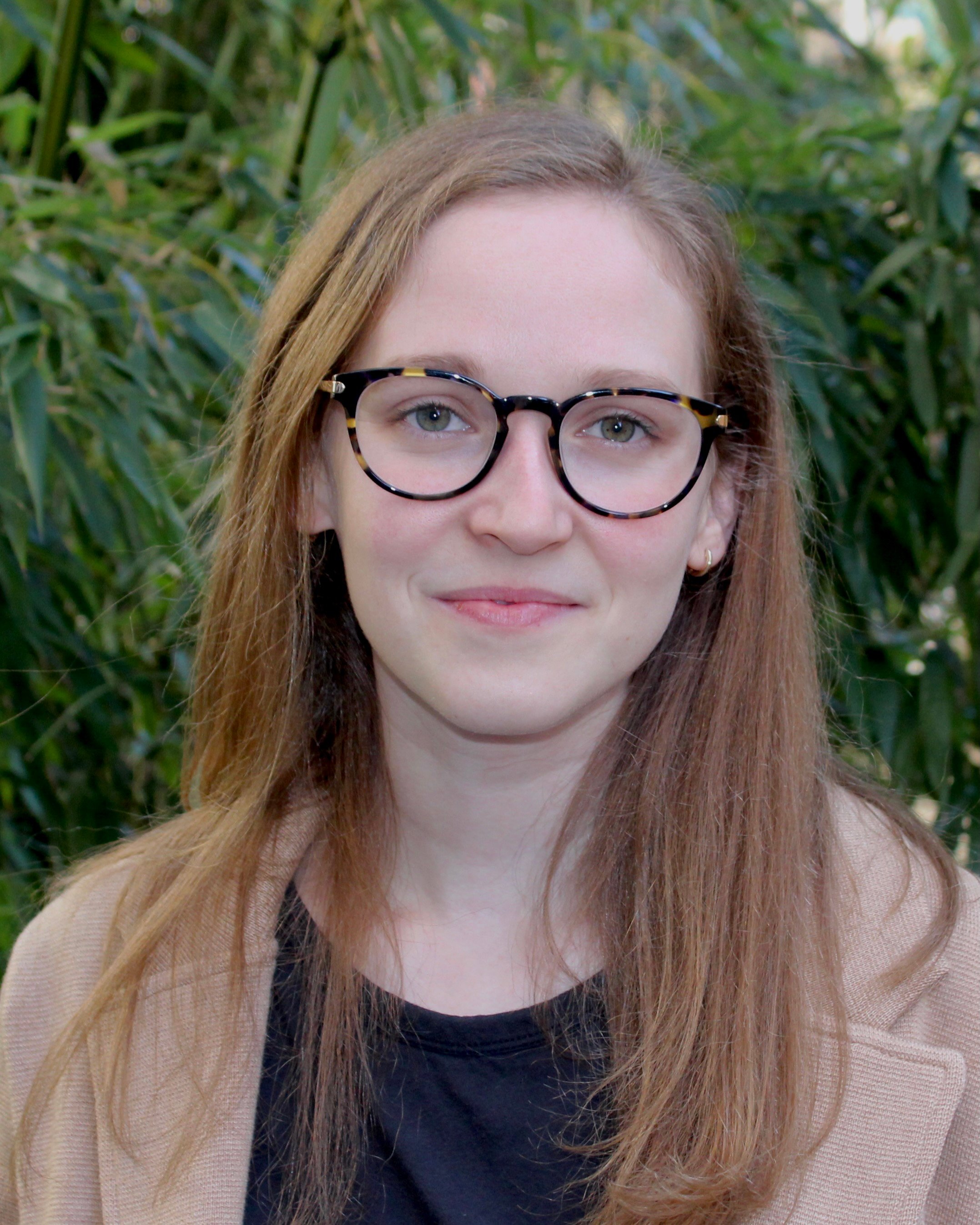There’s really no way around it: getting into a PhD program in clinical psychology is hard. And it’s not just the application process itself that’s challenging – gaining admission to a well-regarded and funded program can take years of preparation before the application cycle even begins. But there are real things you can do in those key years before applying to vastly improve your chances of ending up at a program you really love. Here, I’m covering just one of them: your post-baccalaureate job.
There is, of course, no single pathway to a doctoral program in clinical psychology or any field. For every person you meet who took a “tried and true” path, you’re likely to find another who did something totally different and succeeded. But there is a reason many seeking a PhD in clinical psychology opt to complete a two-year research coordinator or lab manager job: if done well, it is likely to make the entire application process significantly smoother from multiple standpoints. So what makes a given research position worthwhile, and how does one make the most out of it once there?
First and foremost, a full-time research position is a guaranteed way to get real, hands-on experience conducting research, likely at all stages of the process (i.e., from conceptualization and grant-writing to data collection, analyses, and dissemination of findings). This is important because most professors will want to be sure that their incoming students know what they are signing up for and have some previous experience doing it. But the truth is, previous research experience is likely to be considered a bare minimum by many. Ideally, the research experience would be in the same subject area the applicant seeks to pursue in graduate school (or at least closely related to it) so that the applicant has real experience with the kinds of methodological approaches and research questions they would be engaging with as a graduate student. This level of experience can make a big difference in the application itself. For instance, does the applicant “speak the language” of the subfield the way that those “on the inside” do? It can be hard to make the case that one does without having direct, “insider” experience.
In addition to being closely related to future goals in terms of content, it is often ideal to ensure that the researchers for whom one is working in a post-baccalaureate position are in a similar “network” of researchers to those in their desired graduate programs. For instance, do they attend the same conferences or publish in the same journals? Better yet, are they collaborators? Professors making admissions decisions have so many applications to review and must select only a few candidates for an interview; recognizing the names of the letter-writers and co-authors might go a long way.
Another important factor in considering which research position to pursue is the potential to contribute to dissemination efforts. The years before applying to graduate school are an important time to try to write manuscripts and present findings at conferences. These are not only tangible indicators of one’s potential productivity as a graduate student, but they also demonstrate a degree of familiarity with what it takes to publish and present research, both of which are essential components of graduate school in clinical psychology. While this may not always be possible to the extent that we would like, speaking with potential supervisors (prior to accepting a position) about the possibility of these sorts of opportunities – likely on one’s own time, on top of job responsibilities – can be a good way to gauge likelihood of publishing and presenting.
The process of becoming a clinical psychologist in the United States is challenging, and the hard work begins before graduate school does. But it is important to remember that this path is an investment, and the payoff is a lifelong career in a field that is dedicated to understanding and lessening psychological suffering. The journey is worth it.

Comments